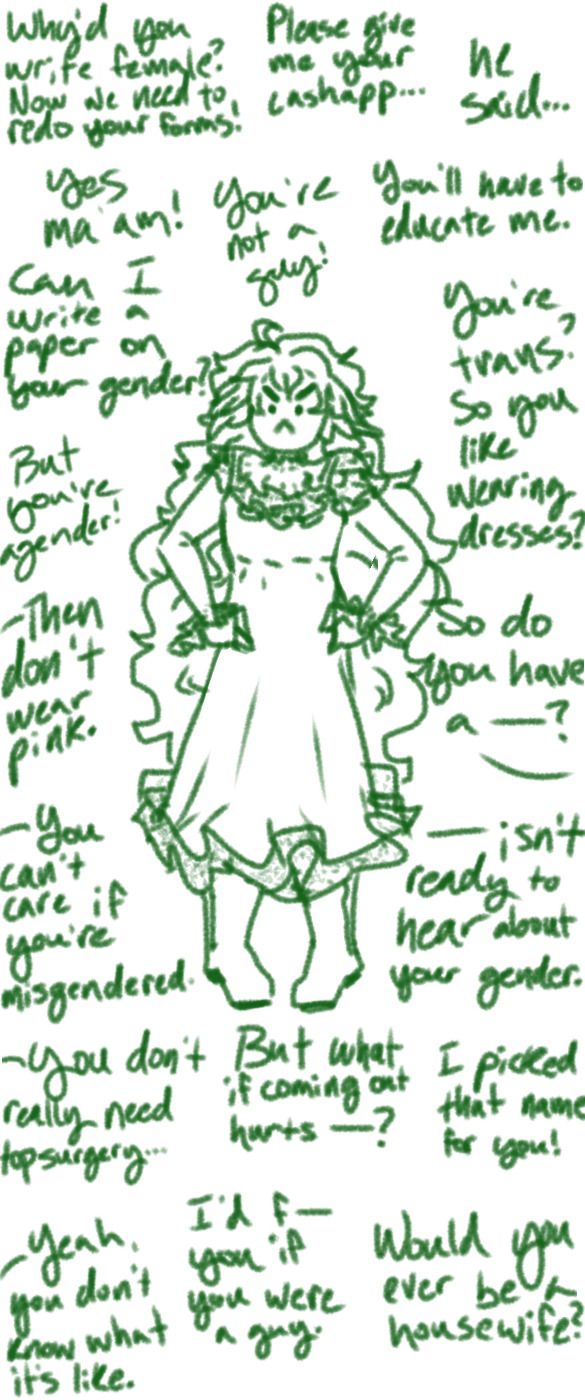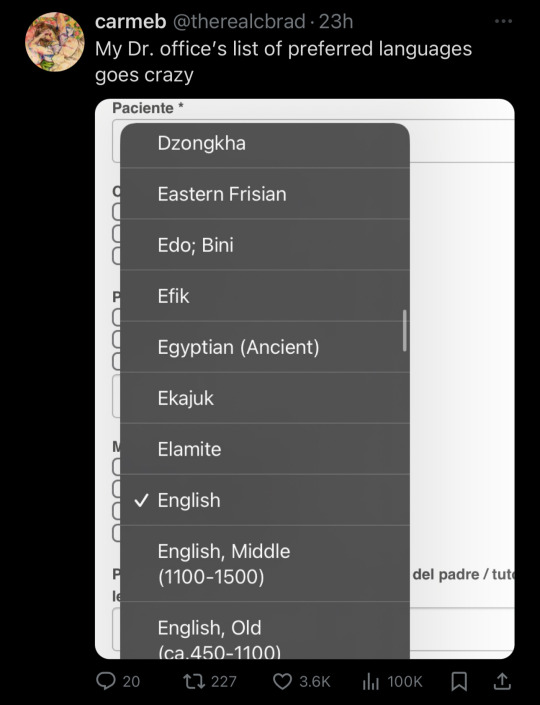Text

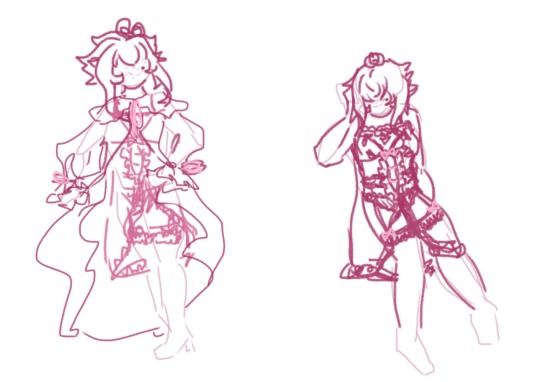
seren
inprnt
4 notes
·
View notes
Text
being an adult is so funny i just made plans with my friends in MARCH. yayyy can't wait to see you in 30 business days
48K notes
·
View notes
Text
I'm getting depressingly good at identifying the formula for Pop Academic Books About ADHD.
Regardless of their philosophy it pretty much goes like this:
1. Emotionally sensitive essay about the struggle of ADHD and the author's personal experience with it as both a person with ADHD and a healthcare professional.
2. Either during or directly following this, a lightly explicated catalogue of symptoms, illustrated by anecdotes from patient case studies. Optional: frequent, heavy use of metaphor to explain ADHD-driven behavior.
3. Several chapters follow, each dedicated to a symptom; these have a mini-formula of their own. They open with a patient case study, discuss the highly relatable aspects of the specific symptom or behavior, then offer some lightweight examples of a treatment for the symptom, usually accompanied by follow up results from the earlier case studies.
4. Somewhere around halfway-to-two-thirds through the book, the author introduces the more in-depth explication of the treatment system (often their own homebrew) they are advocating. These are generally both personally-driven (as opposed to suggested cultural changes, which makes sense given these books' target audience, more on this later) and composed of an elaborate system of either behavior alteration or mental reframing. Whether this system is actually implementable by the average reader varies wildly.
5. A brief optional section on how to make use of ADHD as a tool (usually referring to ADHD or some of its symptoms as a superpower at least once). Sometimes this section restates the importance of using the systems from part 4 to harness that superpower. Frequently, if present, it feels like an afterthought.
6. Summation and list of further resources, often including other books which follow this formula.
I know I'm being a little sarcastic, but realistically there's nothing inherently wrong about the formula, like in itself it's not a red flag. It's just hilariously recognizable once you've noticed it.
It makes sense that these books advocate for the Reader With ADHD undertaking personal responsibility for their treatment, since these are in the tradition of self-help publishing. They're aimed at people who are already interested in doing their own research on their disability and possible ways to handle it. It's not really fair to ask them to be policy manuals, but I do find it interesting that even books which advocate stuff like volunteering (for whatever reason, usually to do with socialization issues and isolation, often DBT-adjacent) never suggest disability activism either generally or with an ADHD-specific bent.
None of these books suggest that perhaps life with ADHD could be made easier with increased accommodations or ease of medication access, and that it might be in a person's best interest to engage in political advocacy surrounding these and other disability-related issues. Or that activism related to ADHD might help to give someone with ADHD a stronger sense of ownership of their unique neurology. Or that if you have ADHD the idea of activism or even medical self-advocacy is crushingly stressful, and ways that stress might be dealt with.
It does make me want to write one of my own. "The Deviant Chaos Guide To Being A Miscreant With ADHD". Includes chapters on how to get an actual accurate assessment, tips for managing a prescription for a controlled substance, medical and psychiatric self-advocacy for people who are conditioned against confrontation, When To Lie About Being Neurodivergent, policy suggestions for ADHD-related legislation, tips for activism while executively dysfunked, and to close the book a biting satire of the pop media idea of self-care. ("Feeling sad? Make yourself a nice pot of chicken soup from scratch and you'll feel better in no time. Stay tuned after this rambling personal essay for the most mediocre chicken soup recipe you've ever seen!" "Have you considered planning and executing an overly elaborate criminal heist as a way to meet people and stay busy?")
Every case study or personal anecdote in the book will have a different name and demographics attached but will also make it obvious that they are all really just me, in the prose equivalent of a cheap wig, writing about my life. "Kelly, age seven, says she struggles to stay organized using the systems neurotypical children might find easy. I had to design my own accounting spreadsheet in order to make sure I always have enough in checking to cover the mortgage, she told me, fidgeting with the pop socket on her smartphone."
I feel a little bad making fun, because these books are often the best resource people can get (in itself concerning). It's like how despite my dislike of AA, I don't dunk on it in public because I don't want to offer people an excuse not to seek help. It feels like punching down to criticize these books, even though it's a swing at an industry that is mainly, it seems, here to profit from me. But one does get tired of skimming the hype for the real content only to find the real content isn't that useful either.
Les (not his real name) was diagnosed at the age of 236. Charming, well-read, and wealthy, he still spent much of his afterlife feeling deeply inadequate about his perceived shortcomings. "Vampire culture doesn't really acknowledge ADHD as a condition," he says. "My sire wouldn't understand, even though he probably has it as well. You should see the number of coffins containing the soil of his homeland that he's left lying forgotten all over Europe." A late diagnosis validated his feelings of difference, but on its own can't help when he hyperfocuses on seducing mortals who cross his path and forgets to get home before sunrise. "I have stock in sunburn gel companies," he jokes.
6K notes
·
View notes
Text
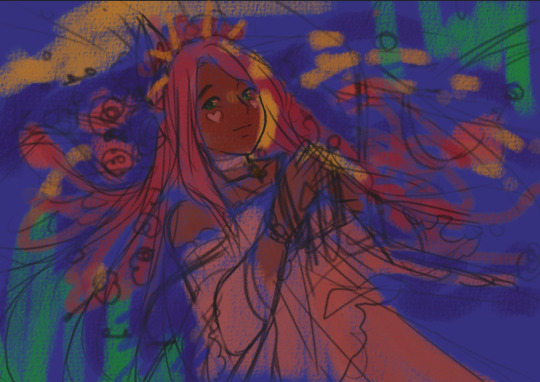
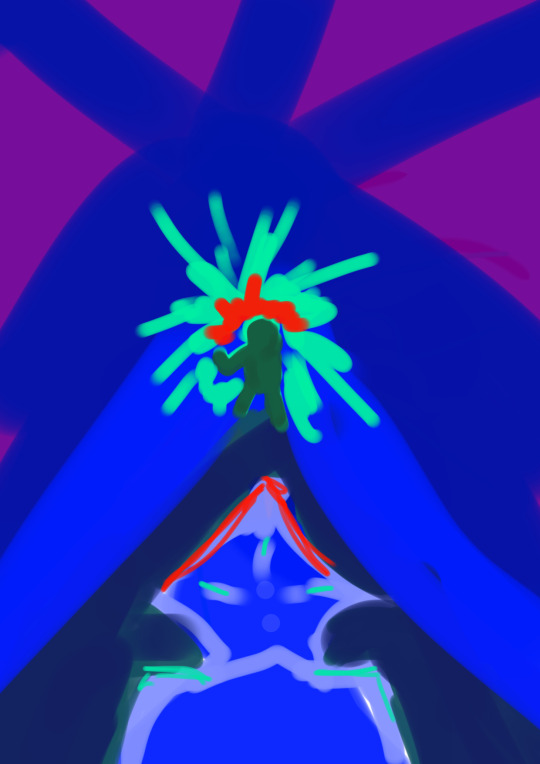


various wips
inprnt
2 notes
·
View notes
Text
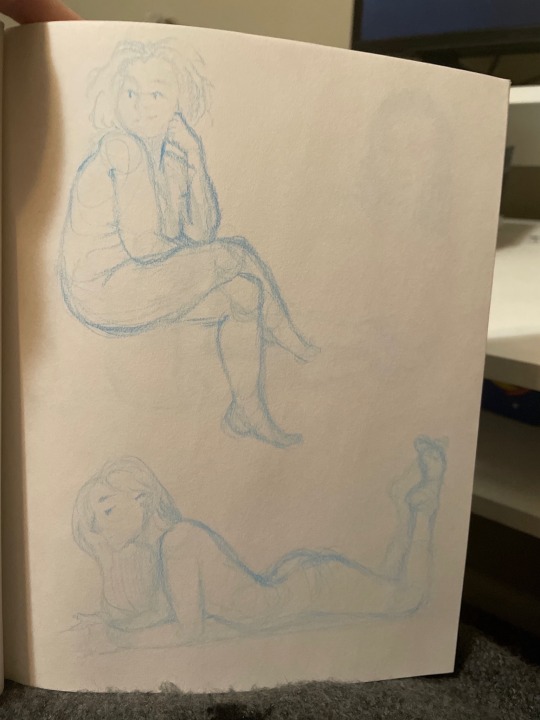

found these studies in a really old sketchbook and i still love them so here we go
kofi ♡ inprnt
6 notes
·
View notes
Text

Fb find.
23K notes
·
View notes
Text
I'm getting depressingly good at identifying the formula for Pop Academic Books About ADHD.
Regardless of their philosophy it pretty much goes like this:
1. Emotionally sensitive essay about the struggle of ADHD and the author's personal experience with it as both a person with ADHD and a healthcare professional.
2. Either during or directly following this, a lightly explicated catalogue of symptoms, illustrated by anecdotes from patient case studies. Optional: frequent, heavy use of metaphor to explain ADHD-driven behavior.
3. Several chapters follow, each dedicated to a symptom; these have a mini-formula of their own. They open with a patient case study, discuss the highly relatable aspects of the specific symptom or behavior, then offer some lightweight examples of a treatment for the symptom, usually accompanied by follow up results from the earlier case studies.
4. Somewhere around halfway-to-two-thirds through the book, the author introduces the more in-depth explication of the treatment system (often their own homebrew) they are advocating. These are generally both personally-driven (as opposed to suggested cultural changes, which makes sense given these books' target audience, more on this later) and composed of an elaborate system of either behavior alteration or mental reframing. Whether this system is actually implementable by the average reader varies wildly.
5. A brief optional section on how to make use of ADHD as a tool (usually referring to ADHD or some of its symptoms as a superpower at least once). Sometimes this section restates the importance of using the systems from part 4 to harness that superpower. Frequently, if present, it feels like an afterthought.
6. Summation and list of further resources, often including other books which follow this formula.
I know I'm being a little sarcastic, but realistically there's nothing inherently wrong about the formula, like in itself it's not a red flag. It's just hilariously recognizable once you've noticed it.
It makes sense that these books advocate for the Reader With ADHD undertaking personal responsibility for their treatment, since these are in the tradition of self-help publishing. They're aimed at people who are already interested in doing their own research on their disability and possible ways to handle it. It's not really fair to ask them to be policy manuals, but I do find it interesting that even books which advocate stuff like volunteering (for whatever reason, usually to do with socialization issues and isolation, often DBT-adjacent) never suggest disability activism either generally or with an ADHD-specific bent.
None of these books suggest that perhaps life with ADHD could be made easier with increased accommodations or ease of medication access, and that it might be in a person's best interest to engage in political advocacy surrounding these and other disability-related issues. Or that activism related to ADHD might help to give someone with ADHD a stronger sense of ownership of their unique neurology. Or that if you have ADHD the idea of activism or even medical self-advocacy is crushingly stressful, and ways that stress might be dealt with.
It does make me want to write one of my own. "The Deviant Chaos Guide To Being A Miscreant With ADHD". Includes chapters on how to get an actual accurate assessment, tips for managing a prescription for a controlled substance, medical and psychiatric self-advocacy for people who are conditioned against confrontation, When To Lie About Being Neurodivergent, policy suggestions for ADHD-related legislation, tips for activism while executively dysfunked, and to close the book a biting satire of the pop media idea of self-care. ("Feeling sad? Make yourself a nice pot of chicken soup from scratch and you'll feel better in no time. Stay tuned after this rambling personal essay for the most mediocre chicken soup recipe you've ever seen!" "Have you considered planning and executing an overly elaborate criminal heist as a way to meet people and stay busy?")
Every case study or personal anecdote in the book will have a different name and demographics attached but will also make it obvious that they are all really just me, in the prose equivalent of a cheap wig, writing about my life. "Kelly, age seven, says she struggles to stay organized using the systems neurotypical children might find easy. I had to design my own accounting spreadsheet in order to make sure I always have enough in checking to cover the mortgage, she told me, fidgeting with the pop socket on her smartphone."
I feel a little bad making fun, because these books are often the best resource people can get (in itself concerning). It's like how despite my dislike of AA, I don't dunk on it in public because I don't want to offer people an excuse not to seek help. It feels like punching down to criticize these books, even though it's a swing at an industry that is mainly, it seems, here to profit from me. But one does get tired of skimming the hype for the real content only to find the real content isn't that useful either.
Les (not his real name) was diagnosed at the age of 236. Charming, well-read, and wealthy, he still spent much of his afterlife feeling deeply inadequate about his perceived shortcomings. "Vampire culture doesn't really acknowledge ADHD as a condition," he says. "My sire wouldn't understand, even though he probably has it as well. You should see the number of coffins containing the soil of his homeland that he's left lying forgotten all over Europe." A late diagnosis validated his feelings of difference, but on its own can't help when he hyperfocuses on seducing mortals who cross his path and forgets to get home before sunrise. "I have stock in sunburn gel companies," he jokes.
6K notes
·
View notes
Text
one of the most challenging skills i've had to learn as an adult is the art of figuring out whether i'm proportionally annoyed with someone or just tired and overstimulated and looking for reasons to be pissed off
96K notes
·
View notes
Text
as a nonbinary person I shall only be posting my left titty which is my boy titty, and not the right one which is the horrid unclean girl titty, this is as tumblr has decreed
77K notes
·
View notes
Text
I’m so sorry but in the nicest way possible do yall actually read books or just read words??? Cause I’ve been seeing that trend of people not understanding how “snarled” and “eyes darkened” and “eyes softened” etc. was used in a book and like…
Genuinely, do yall just not have imagination?? Or not understand figurative language??? Also eyes do literally darken and soften have you not lived a life??? How do you read with no imagination? Is this how you get through so many books in one month - you simply don’t take the time the understand the words as they are read?
37K notes
·
View notes


